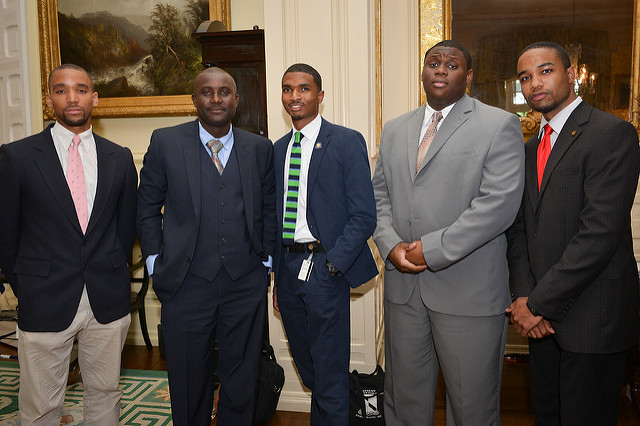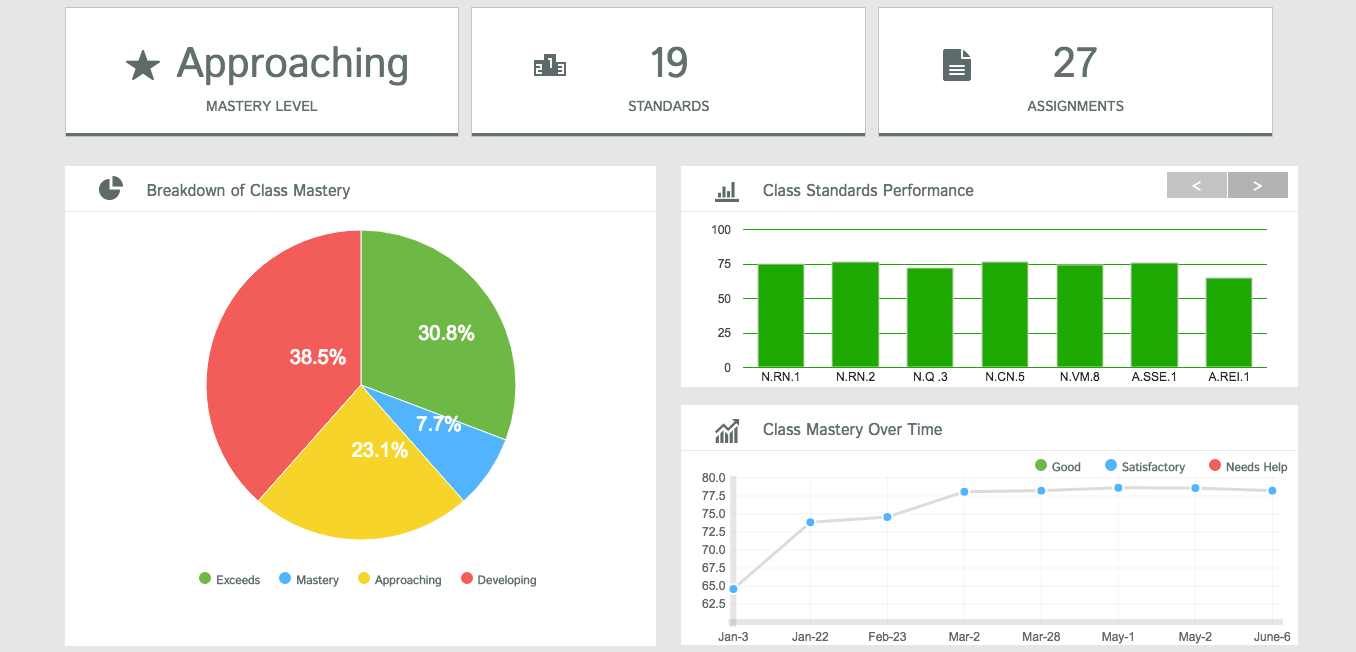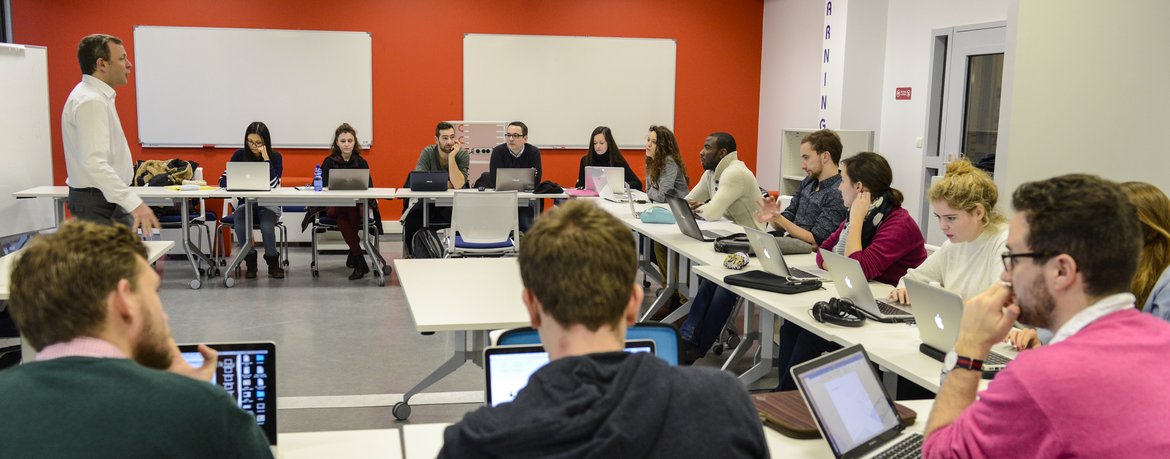Three Influential Historical Education Reforms

The current education system in the United States is the product of many historical reforms. Despite changes in the purpose of schooling and the nature of students over time, the effects of these reforms have persisted. Reforms that continue to influence today’s education system have come from:
1. 20th Century Education Reforms
The reforms of one historical period often stimulate the need for reforms in another. Just as the National Education Association (NEA) commissioned the Committee of Ten in the late 1800s to make recommendations to improve high schools, they established a separate committee in 1915 to address outstanding issues. While the Committee of Ten focused on high school as a place to prepare students for college, the Commission of the Reorganization of Secondary Education had a wider view of the requirements of an education system. They wished to ensure that even students who were not college bound would become part of the national workforce. The vision of providing comprehensive education for society at large through providing an adequate high school education began to take shape.
Rather than a committee of college presidents and professors, the commission included a wide cross-section of individuals, including high school principals, professors, and the U.S. Commissioner of Education. The commission members brought more to the table than simply their educational expertise; they also drew on their personal experiences in the real world, experiences that were not predominantly academic. The commission’s report, Seven Cardinal Principles of Secondary Education, was presented in 1918 and heavily influenced the progressive movement. While the commission’s recommendations for high school included an academic component, the commission also recommended that high schools address more diverse aspects pertaining to the life of a postsecondary education individual: health, home ownership, vocation, citizenship, use of leisure time, and ethical character.
Recommendations to reform and improve the high school also surfaced in the 1930s, 1940s, and 1950s. In the 1930s, the Progressive Education Association (PEA) recommended that high schools should incorporate specific aspects into the curriculum that would develop social qualities and personal development. Recommendations in the 1940s and 1950s resulted in further changes to high schools: increasing the number of electives, introducing guidance counselors into the school system, and broadening vocational education programs.
Public high schools have been influenced by different points of view regarding the purpose and goals at the secondary level of education. Reform of public education is grounded in a set of beliefs held by stakeholders, who can also be referred to as decision makers or policy makers, who can advance change. Successive reform has resulted in a combination of both prior perspectives evident in high schools today: High schools can accommodate college-bound students, while at the same time accommodating non-college-bound students, and include curricula that facilitate personal development of the student.
2. The Main Phases of Education Reform in the 1980s and 1990s
Education reform of the 1980s and 1990s can be viewed as three distinct phases of education reform. Each phase represents a different conception of schools and schooling, as well as different proposals for education reform. The first phase of reforms centered on recommendations designed to maintain America’s strong defense capabilities and competitive position in the international economic marketplace. As a result, students needed a more rigorous education and also needed to acquire abilities and skills that would allow them to interact with industries’ increasing reliance on advances in technology.
Another phase of education reform focused on teacher practice rather than solely on the need to maintain economic and technical competitiveness. This phase is best represented by teachers’ reactions to the standards-based education discussed earlier. Teachers felt powerless to use their creativity, teaching skills, and abilities they believed to be at the center of being a teaching professional. Many teachers felt that teacher practice was being dictated to them, because they were required to address the content embedded in specific standards-based content that would later appear on standardized state tests. But standards-based instruction became an integral component of teacher practice, as well as a central component of pre-service teacher education.
A subsequent phase of education reform occurred at the end of the 1980s and the beginning of the 1990s. This reform was unlike the other two phases and was founded on the principle that not all students could afford a first-rate education. Instead of the school system being just about education, reform was based on the provision of a range of services, including health, counseling, and even parent instruction. Instead of school policy, the focus turned to children’s policy. The resulting school models were referred to as full-service schools.
3. The Holmes Group Teacher Training
The Holmes Group consisted of a consortium of 96 higher education research institutions that offered teacher education programs. The institutions were concerned about reform not only of schools but also of teacher education and the teaching profession. The group was initially concerned that some of the most highly regarded universities in the nation had eliminated their teacher education programs, indicating an apparent low regard for teacher education, favoring the more prestigious professional preparation programs. The Holmes Group believed that prominent institutions needed to be intimately involved in the preparation of the nation’s teachers. In 1986, the group published a report titled Tomorrow’s Teachers, which declared that quality teachers provided the best hope for the success of school reform. The report included suggestions for changes that would strengthen the preparation of teachers. Among the areas addressed were the need to improve the intellectual soundness of teacher preparation programs, the need to develop standards for entry into the teaching profession, and the need to create induction and internship programs for beginning teachers. Many of the goals and principles proposed by this group continue to be a part of the teacher preparation process today.
History has seen several major blocks of change in education. However, in order to remain a competitive system, education will need several periods more of progression and pushing forward. As an educator, you have a chance to influence future trends and become a part of America’s much-needed academic revolution.






